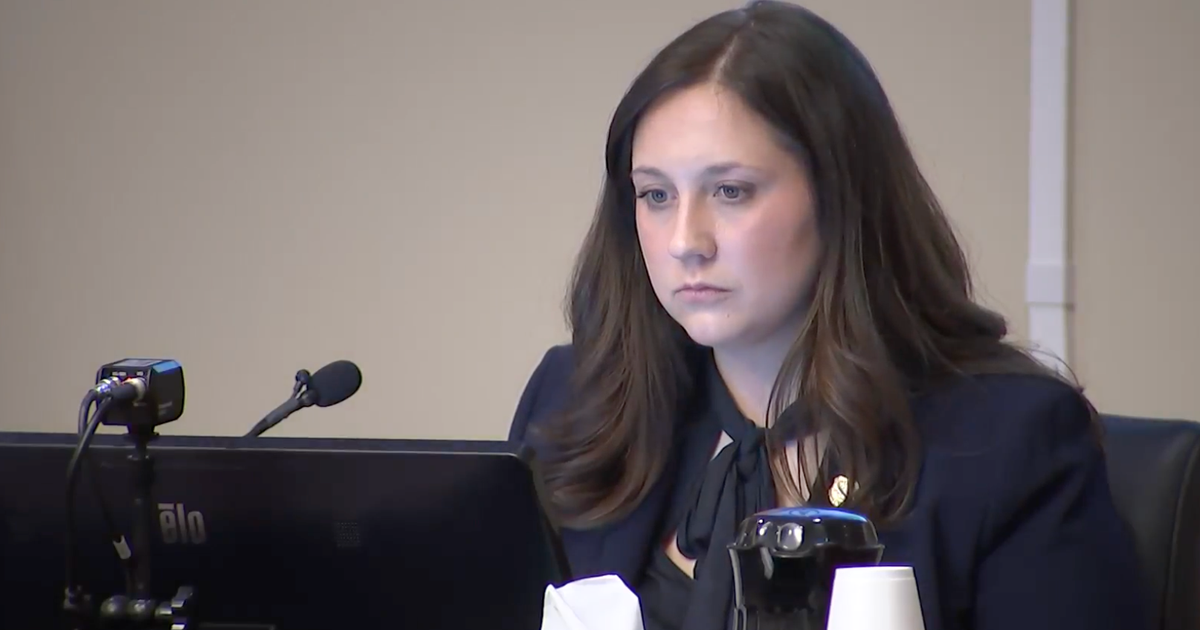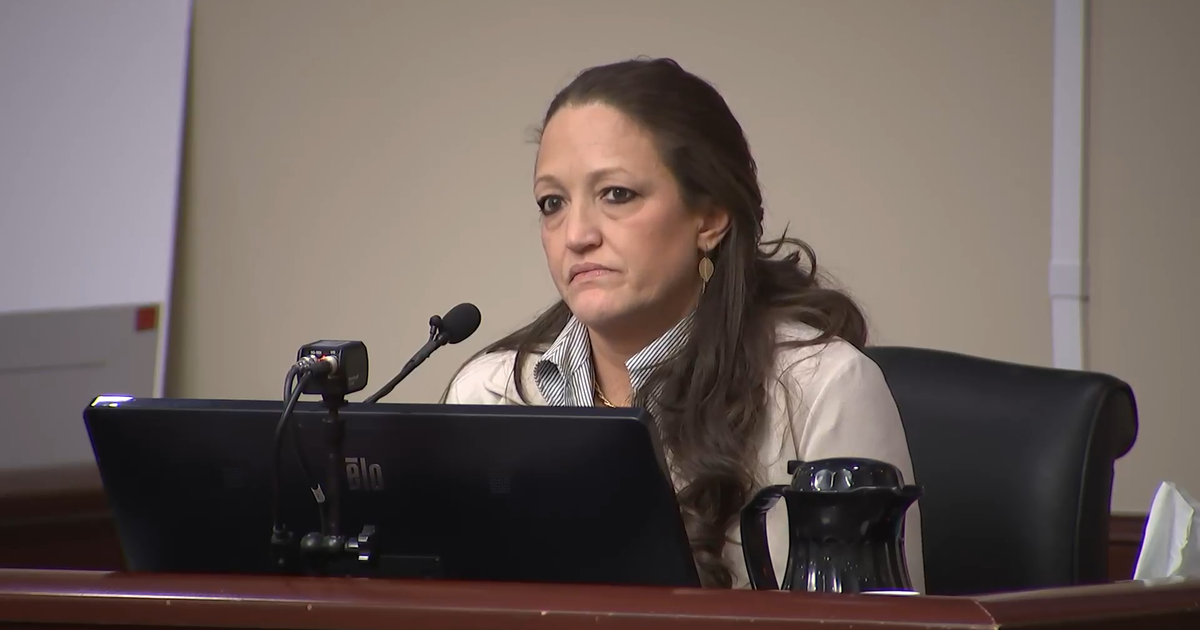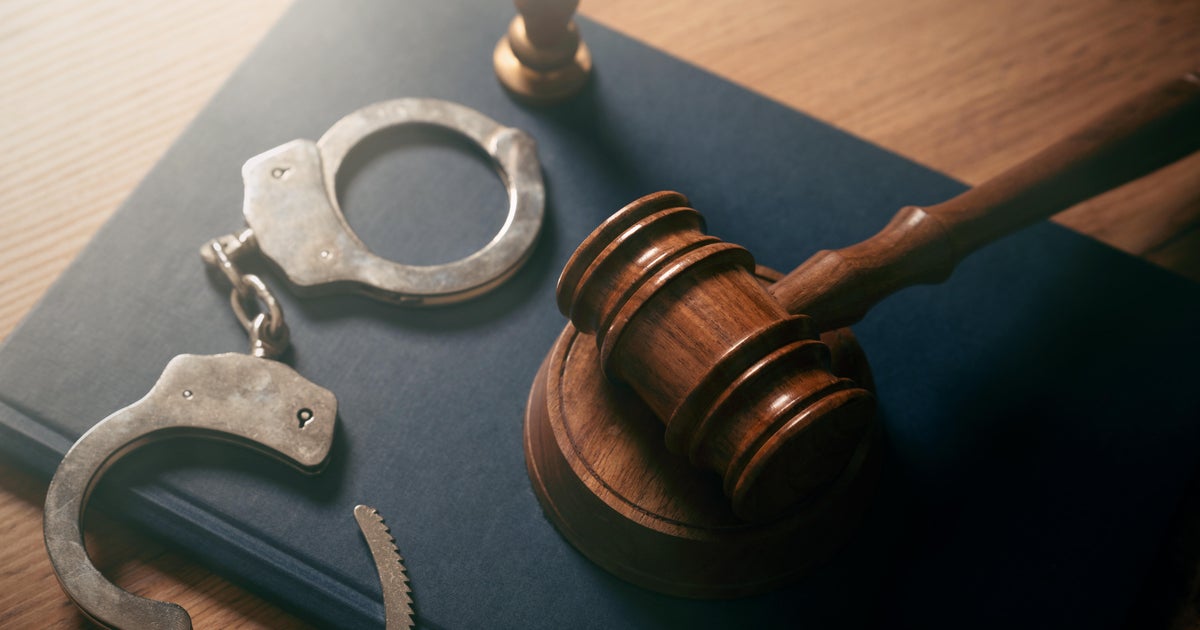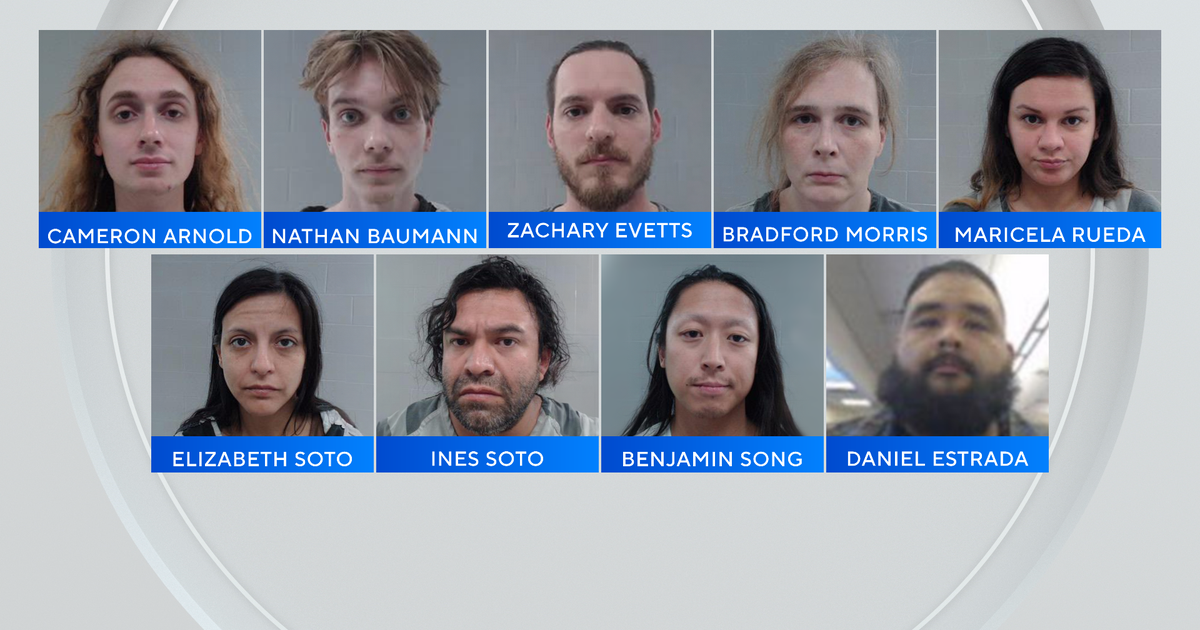Raynaldo Ortiz trial day 3: Patients, medical workers and victim's husband testify
DALLAS — The federal trial of Dallas anesthesiologist Raynaldo Ortiz continued Wednesday morning with the defense cross-examining a nurse who first took the stand on Tuesday.
Ashley Berks, who was an administrator at Baylor Scott & White Surgicare Center in North Dallas, testified Tuesday about how the surgery center investigated the various medical emergencies Ortiz is alleged to have caused by tampering with IV bags. She also testified to surveillance videos of Ortiz handling IV bags, which she said was outside of his usual duties.
Berks also recounted how she discovered an IV bag with a hole in it.
On Wednesday, the defense took Berks through a series of medical emergencies that required patients to be transferred to hospitals in the summer of 2022. Ortiz's attorneys are trying to make the point that each emergency was unique and raise doubt that they may not have been caused by problems with the IV bags.
John Kaspar took the stand next to talk about his wife, Dr. Melanie Kaspar, the woman prosecutors say died because of a tainted IV bag. John Kaspar testified that he had been sick in mid-June of 2022, and his wife had brought home a number of IV bags to help with his dehydration. A few days later, she too began to feel ill.
Kaspar told jurors Melanie came home from working at the surgery center on June 21, 2022, and asked him to help her administer an IV bag for herself. Kaspar said five minutes later she called him on his cell phone screaming in pain. He said he sprinted to where she was and called 911. When he asked her what was wrong, Kaspar said she responded, "My arm, my chest."
Kaspar said it never occurred to him that the IV was the problem.
"I'll have regrets forever for not yanking the IV bag out of her arm," he said.
He told jurors he was on the phone with the operator when he said his wife collapsed and he started CPR, which he performed until paramedics arrived. He said everything after that was a blur.
When asked about how he learned that Melanie had died, Kaspar tearfully recalled hearing the paramedics say, "OK, we're going to call it."
Kaspar testified that his wife was a very healthy person, in good shape, and that he was confused about why she had died. He mentioned a fender bender from a week before she collapsed, testifying that it seemed fairly minor at the time, but he wondered in the weeks after her death if it was to blame.
Kaspar told the jury that he began calling the medical examiner's office every week, waiting for her autopsy results and hoping for answers.
Upon cross-examination by the defense attorney, Kaspar recalled that there were several other IV bags in the house on the day Melanie died.
Ortiz's attorneys asked Kaspar if he had seen Melanie bring the bag home from work on the day that she died. He said he did not.
The next witness was Dr. George Erdman, another anesthesiologist at Baylor Scott & White Surgicare Center in North Dallas. He talked about two of his surgeries that resulted in the patients being transferred to the hospital in the summer of 2022. Both the prosecution and the defense went over his anesthesia records in detail, with each side coming to a different conclusion. Prosecutors say the cardiac emergencies coincided with the changing of IV bags, while the defense reasoned that they could have been caused by a reaction to the drugs given by Erdman.
Another patient, a 54-year-old McKinney woman, said she expected to go home the day after her tummy tuck surgery. Instead, she woke up being wheeled into an ambulance, with paramedics "yelling at me to keep my eyes open." She woke up later in the ICU.
"I just remember thinking I cannot die," the woman tearfully said.
She spoke about worrying about her daughter, a teenager. The woman said she went through a battery of tests, but doctors could not tell her what had gone wrong during the surgery. She said the complications caused such stress, that it greatly impacted her life and her daughter's life for months afterward. The woman told the jury that she had trouble sleeping, which led the problems at work, while her daughter started having panic attacks.
The woman said she had to take five months off of work, and both she and her daughter entered therapy. When asked how she is doing now, the woman replied, "We are doing better."
The youngest patient connected to the Ortiz case was just 18 years old at the time of his surgery in August 2022. The Dallas man went in for a rhinoplasty after crashing on a motorbike. The man testified that he expected to go home the same day as the procedure, but did not wake up until the following night. He called it the "worst night of my life" telling jurors "I thought if I went to sleep, I would die."
His surgeon also testified, saying what began as a typical nose surgery led to excessive, bleeding and pink frothing from the man's mouth. Dr. Thomas Hung said the man had no pulse, telling the jury the man, "almost died on the table."
Hung said another surgeon, Dr. Chad Marsden, came into the room and told them to change the IV bag. Hung said that within a minute of changing the bag, the man's blood pressure started to normalize. Hung said Marsden told him a similar emergency happened to one of his own patients the week before, sharing that he thought "something was contaminating the IV bags."
A Baylor Scott & White surgical care nurse also took the stand Wednesday.
Brooke Buchanan told the jury she had worked on surgeries with Ortiz since 2019. Buchanan testified that beginning around June 2022, Ortiz started retrieving his own IV bags from the warmer, instead of allowing the nurses to do it. Buchanan told the jury "I thought it was awkward" because she said doctors didn't normally get their own bags.
This story will be updated as the trial continues.
Editor's note: The headline of this article was changed to reflect that Wednesday is day 3 of the trial, not day 2. While it is the second day of testimony, the trial began on Monday.







